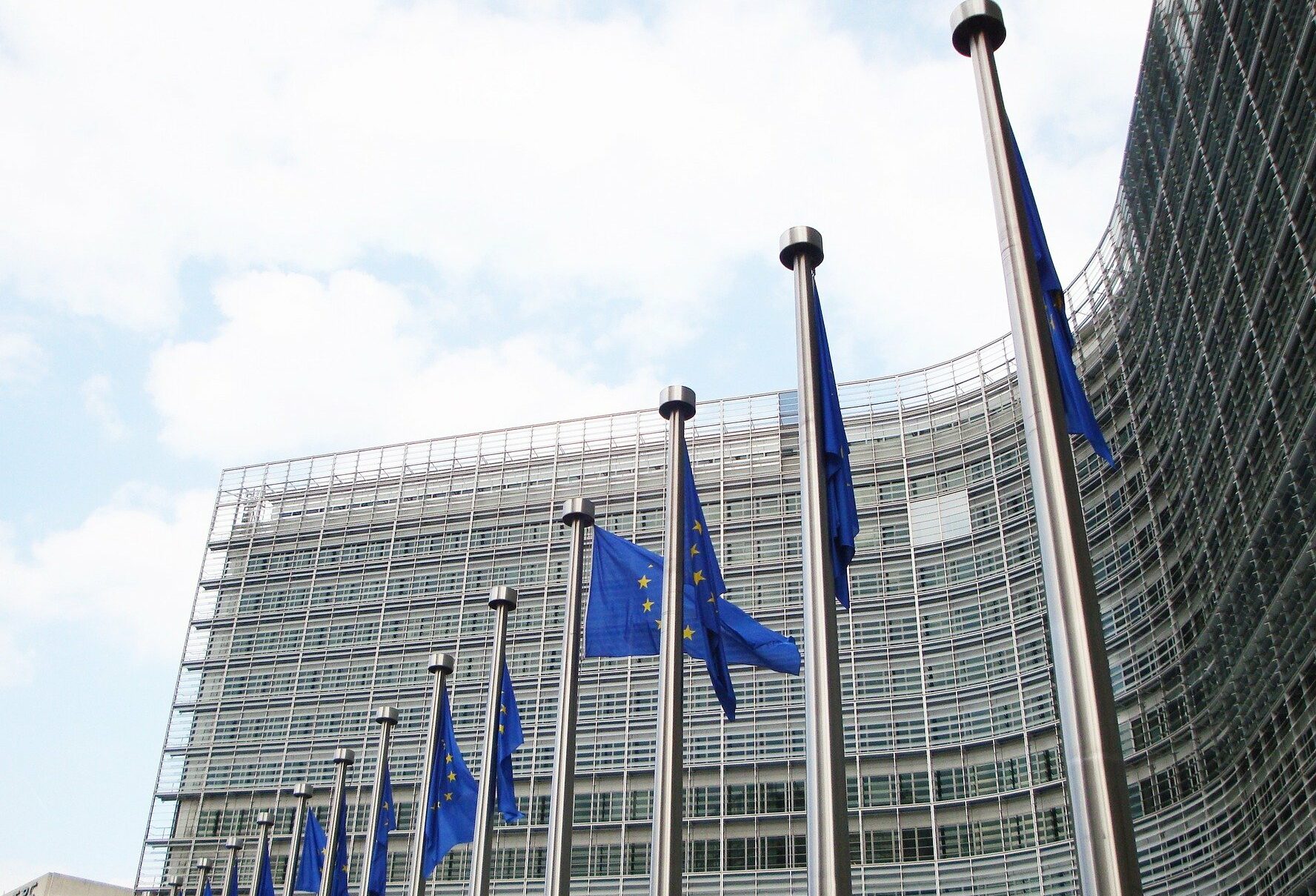
COVID-19 pandemic has reminded European politicians about the importance of cooperation and solidarity. It also put in the spotlight the public sector’s role in coordinating and supporting the development of needed medical countermeasures. The COVID-19 has also reminded us how damaging it can be to lose sight of the public interest and the principles of equity while dealing with deadly health emergencies. The joint response by the European Commission and the Member States became a key element in addressing the COVID-19 challenge.
The new Health Emergency preparedness and Response Authority (HERA) was announced already last year to quickly follow up on the shortcomings regarding the response to the COVID-19 pandemic. Earlier in 2021, the European Commission launched the HERA incubator, a set of initiatives strengthening the EU’s response. The establishment of HERA as the European Commission’s internal service was announced in September. Along with its decision to launch HERA, the Commission published a proposal for a Council regulation giving extra powers to the executive body of the EU in times of emergency.
The new authority will research and identify potential cross-border health emergencies, ensure the availability of medicines and treatments by fostering EU procurement, and facilitate coordination among member states. Its work will vary between times of health emergencies and times of “peace”. In peacetime, it will steer investments to prevention. HERA’s budget for the next 6 years will consist of 6 billion euros coming from EU programmes. There are also some additional resources foreseen at the national level. The whole preparedness mission will amount to 50 billion euros.
However, the proclaimed sense of emergency cannot serve as a justification for the legislator to rush through with a proposal that may have long-lasting unintended consequences. While the idea and vision of the European Commission to accelerate emergency R&D, manufacturing, procurement, and stockpiling of medical countermeasures is welcome, it is not short of valid concerns regarding transparency, accountability, and equitable access conditions for developed medical tools.
Governance, accountability, and transparency
As it stands, the HERA proposal is a simple continuation of existing medical countermeasures funding and procurement practices with all known shortcomings such as a lack of transparency in contracts and decision-making. The governance structure of this new authority is concentrated only in the European Commission, with the participation of the Member States and a dedicated advisory group representing the pharmaceutical industry. Both the Commission decision and the emergency framework regulation proposal lack specific provisions on protection against undue conflict of interest and on ones guaranteeing a high standard of transparency. There is no provision for public health organisations or an adequate role for the European Parliament. Since HERA mandate will set priorities and mobilise a significant amount of public funding from different funding streams, there is also a risk that priorities could be shifted away from the public interest because of the lack of proper mechanisms to ensure accountability.
Global equitable access to medical countermeasures
Currently, only narrow and weak provisions are attempting to oblige the European Commission, or rather HERA, to enforce the public return on investments in research and purchase of medical tools. This does not guarantee in any way that the EU will avoid the basic error it already faced against the pandemic i.e. unequal access to vaccines and other tools. The main reason for that has been an over-dependence on a handful of for-profit players in order to achieve affordability and availability of life-saving tools globally. There is a need to ensure that knowledge and technologies generated with EU-funded R&D have for objective to maximise public benefit. In a context of globalised health threats such as the COVID19 pandemic, disparities in vaccines distribution create a universal risk by giving the virus space to mutate. Hence, a set of clear conditions in terms of pricing, access to the results, open data requirements, and intellectual property management should be within the R&D mandate of HERA. Funding the development of appropriate countermeasures will not suffice if HERA does not require these remedies to be ultimately available on a global scale. Current experience proves that setting up access conditionalities does not hinder a fast response in case of health emergencies.
Can the EU make HERA work for the public interest? Certainly it can. First, it needs to consider the medical tools resulting from public funding as global public goods. Second, HERA needs to operate according to high transparency standards and have robust accountability mechanisms. Only then, it can become a truly European and global project.



